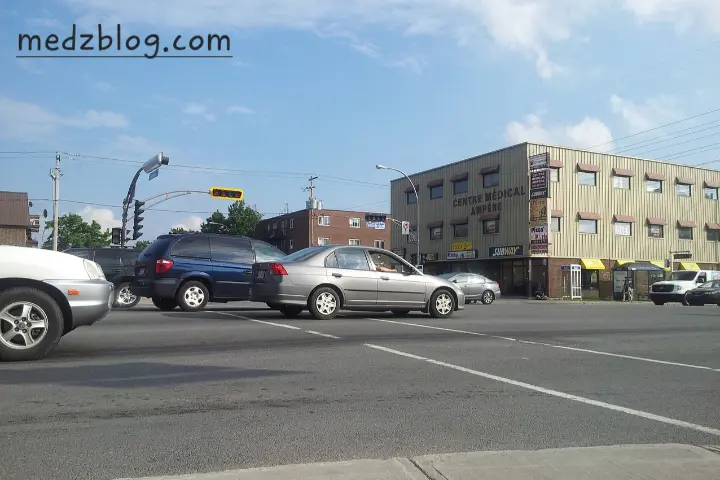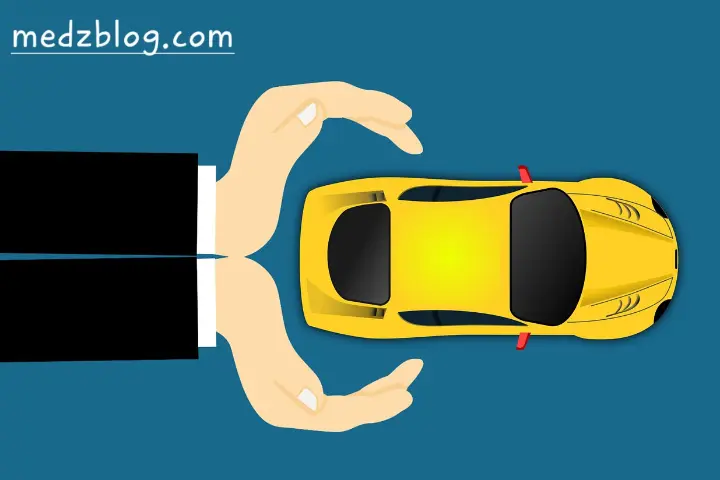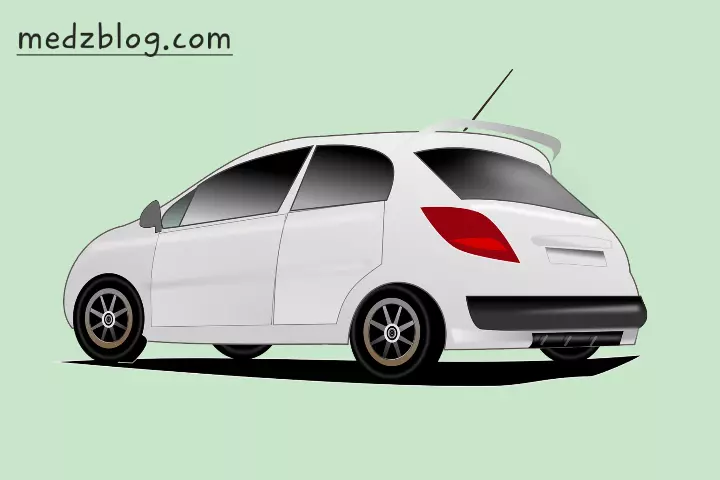Introduction
To get much benefits from car insurance quotes, it is better to have a clear idea of the different terminologies that you find in your insurance policy. A well understanding of these conditions and buzzwords will make you avoid to be confused in the claim process.
It is necessary to bear in mind that the idea of car insurance is to protect you in situations of crises to allow you to not use your savings account to pay for fixing or replacing your car.
So that this idea of protection works properly, it is important to understand the different lilitations, conditions and terms. This recognition will not only make you live in peace of mind, but it will also make you aware of all your insurance company’s different laws.
When we speak about car insurance quotes, most of us become confused because of the various terms, conditions and buzzwords that we find in our insurance policies.
Most of us do not understand the words of the insurance domain and we end up accepting terms that we do not completely understand with hope that we can get the best car insurance.
You find below a list of 9 commonly used terms of the insurance industry, which will empower you with all what you have to know before buying your car insurance.

1. Policy Schedule or Coversheet
Once you want to buy a reliable car insurance, your company will ask you to enter into a contract. You can do this by calling, on the internet or, in some cases, in writing, but legally your insurance company must confirm the conclusion of the contract in writing within 30 days. This confirmation takes the form of a policy schedule pointing to the all details of your insurance policy.
2. Claim
When a loss or a damage occurs to your car that is covered by your policy, you can submit a claim to your insurer so that you can get back into the same financial situation you were in before the loss. The eligibility of your claim will be validated, and according to the terms and conditions of your policy, the insurance company will accept or reject your claim.
3. Excess
An excess is an amount of money agreed by the policyholder to pay it in case a claim is being settled. For instance, if the excess on your car is 500$ and the costs of damage is 5000$, the insurer will take care of the remaining 4500$ after you have paid your excess to the repairer.
Insurance companies demand from their client to pay an excess to help them manage their situations, and this pushes them to not claim minor incidents. Also, insurers do this to ensure that their clients do not submit fraudulent claims. In this case, no one will claim if the excess is more than the claimed amount.
4. Perils
Perils are the different risks that can result in having damage to your car. These can be either accidental or intentional damage, hijacking, theft, fire or explosion, hail, storm, earthquake, snow or flood and glass damage.
5. Premium
A premium is the money that you have to pay in advance either annualy or monthly so that your car can be covered. There are many factors that can either increase or decrease your insurance premium, which are called as underwritting criteria.
6. Retail Value
Retail Valur refers to the average today’s selling rate. In case you want to get insurance for your vehicle for its Retail Value, your car will be insured for the value closest to the replacement price. It is true that this option is expensive but it has a lot of benefits in case something occurs to your vehicle.
7. Market Value
Market value is known according to the car’s retail and trade value. It is simply the average between these two values. It is important to know that the less you pay for your car insurance, the lower your coverage value will be.
8. Trade Value
When looking for car insurance options, the most thing that attracts people is to get a cheapest deal. If you opr for getting insurance for your car for its Trade Value, it would get the value at the average rate that a motor dealer will pay you for the car. So, the value would be lower if you choose Trade Value.
Conclusion
To have a clear idea of the information of your car insurance quote, it is important to read carefully the documentation you get from your insurer and use these definitions for your best interest. This will not only make you understand the difficult car insurance buzzwords, but it will also keep you updated with latest details about your coverage.



